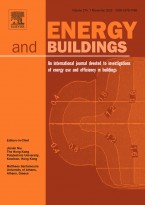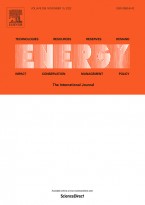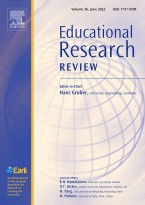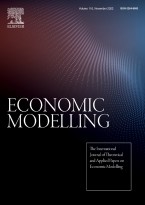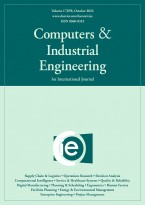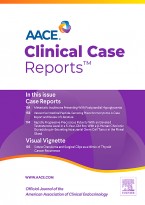
چکیده فارسی
جایگزینی انسولین با داروهای ضد ویروسی: تصویری بالینی در مورد دیابت و درمان HCV
چکیده ObjectiveThere شواهد در حال رشد برای حمایت از ارتباط بین دیابت نوع 2 (T2DM) و ویروس هپاتیت C مزمن (HCV). بیماران مبتلا به هپاتیت C در معرض خطر بیشتری برای ابتلا به دیابت نوع 2 هستند و اخیراً مکانیسمهای متعددی پیشنهاد شده است. چندین مطالعه گذشته نگر بهبود کوچک اما قابل توجهی را در کنترل قند خون پس از درمان ویروس هپاتیت C زمینه ای نشان داده اند. ما موردی را توصیف میکنیم که بیشترین بهبود ثبت شده را در کنترل قند خون پس از درمان HCV در شرایط قطع خود درمان با انسولین بدون تغییر رفتار نشان میدهد. روشها یک زن چاق 38 ساله با T2DM کنترلنشده (هموگلوبین A1c [HbA1c] 11.6٪ [103 میلیمول در مول]) بهطور موقت برای پیگیری از دست رفت و عدم پایبندی به درمان با انسولین، متفورمین درمانی، رژیم غذایی، یا ورزش را گزارش کرد. در طول این مدت، او با موفقیت برای هپاتیت C درمان شد و بدون مداخلات دیگر، اوگلیسمی شد. نتایج HbA1c بیمار از 11.6 به 5.7٪ (103 تا 39 mmol/mol) در حضور افزایش وزن و در صورت عدم مداخله به جز درمان هپاتیت C کاهش یافت. نتیجه گیری درمان هپاتیت C ممکن است پتانسیل قابل توجهی برای بهبود حساسیت به انسولین و کاهش عوارض طولانی مدت دیابت نوع 2 در بیماران خاص ارائه دهد. درمان همگانی HCV می تواند در نتایج بالینی کبدی و خارج کبدی فوایدی ارائه دهد.
چکیده انگلیسی
Replacing Insulin with Anti-Virals: A Clinical Vignette on Diabetes and HCV Treatment
ABSTRACT Objective There is growing evidence to support a connection between type 2 diabetes mellitus (T2DM) and chronic hepatitis C virus (HCV). Patients with hepatitis C have a substantially higher risk for developing type 2 diabetes and recently there have been several proposed mechanisms. Several retrospective studies have demonstrated a small but significant improvement in glycemic control after treatment of underlying hepatitis C virus. We describe a case that demonstrates the greatest recorded improvement in glycemic control after treatment of HCV in the setting of self-discontinuation of insulin therapy without behavioral modification. Methods A 38-year-old obese female with uncontrolled T2DM (hemoglobin A1c [HbA1c] of 11.6% [103 mmol/mol]) was temporarily lost to follow-up and reported nonadherence to insulin therapy, metformin therapy, diet, or exercise. During this time, she was successfully treated for hepatitis C and became euglycemic without other interventions. Results The patient's HbA1c decreased from 11.6 to 5.7% (103 to 39 mmol/mol) in the presence of weight gain and in the absence of any intervention other than hepatitis C treatment. Conclusion Hepatitis C treatment may offer significant potential for improving insulin sensitivity and decreasing long-term complications of type 2 diabetes in certain patients. Universal treatment of HCV could offer benefits in both hepatic and extrahepatic clinical outcomes.
